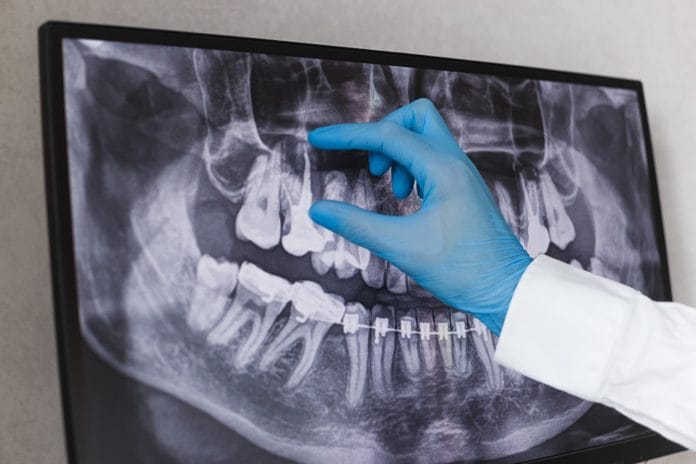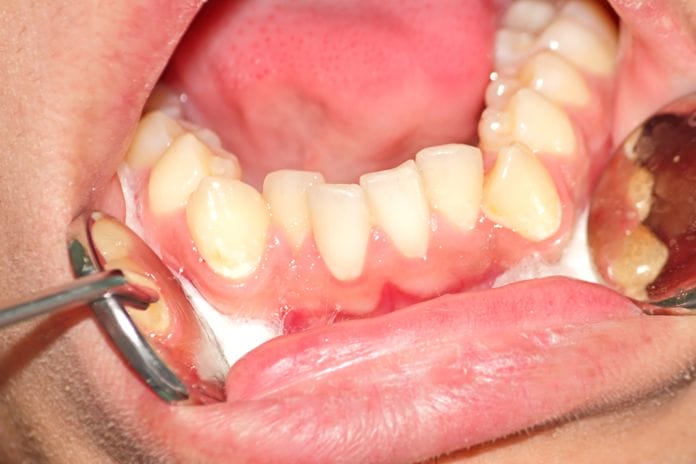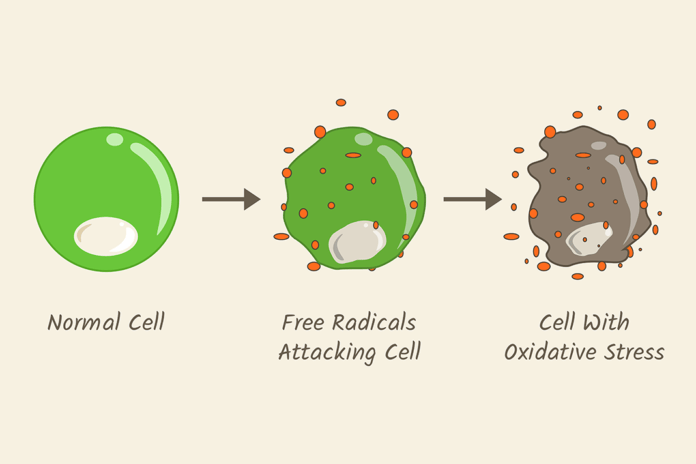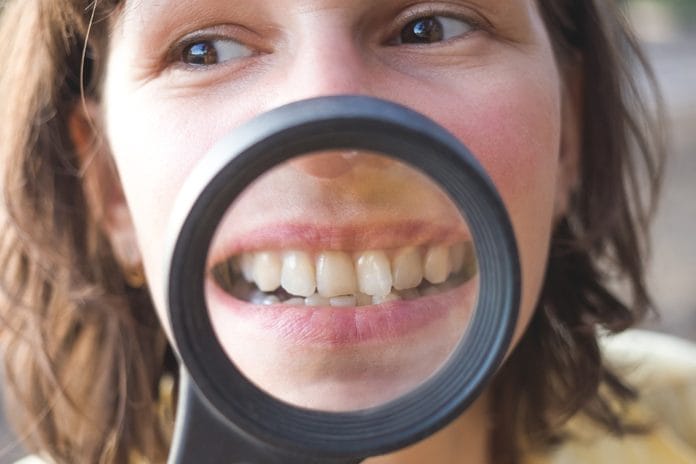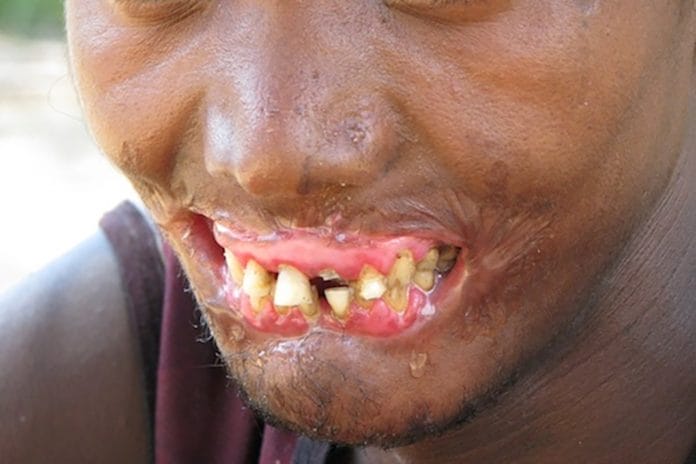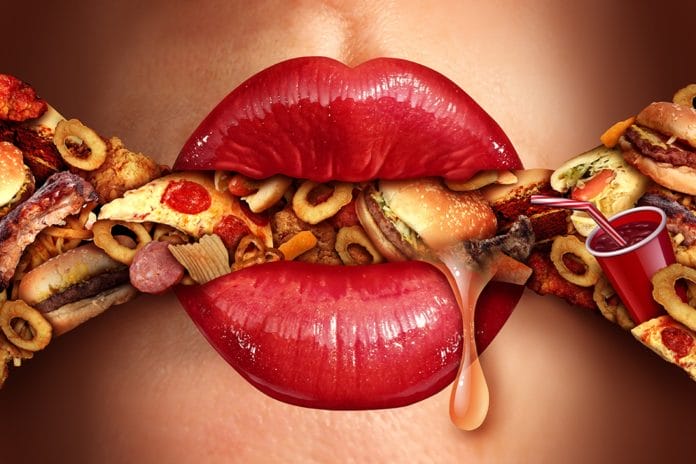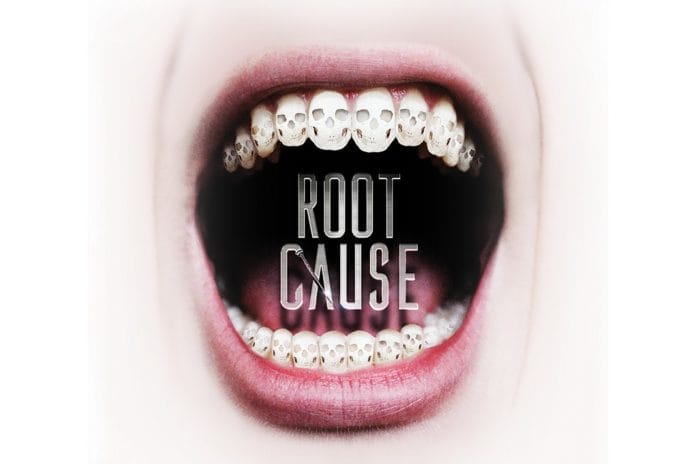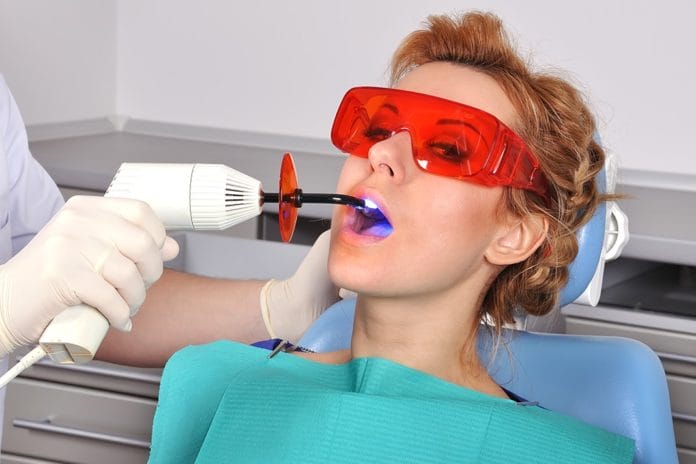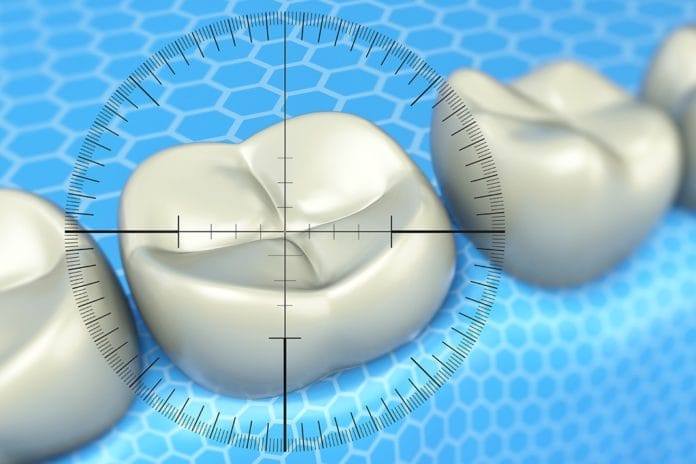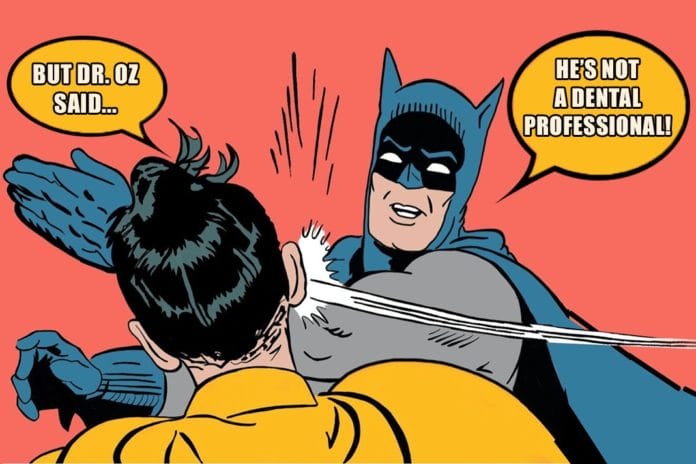Spring Hatfield, RDH, BSPH
Radiology Update: Evolving Standards for Pregnancy, Shielding, and Frequency
The Archives of Clinical Skiagraphy was the first radiology scientific journal. First published in May 1896, just six months after the discovery of x-rays...
Mandibular Anterior Crowding: What is the Etiology?
When working clinically, a common question I receive is: “Will my wisdom teeth make my teeth crowded?” Many discussions in dental hygiene forums end...
Saddle Stools: The Importance of Quality and Individualized Fit
Disclosure: This article is sponsored content from The Brewer Company as part of our sponsored partner program.
The number one cause of early retirement...
Epigenetics: How Medical Research Can Aid Dental Diagnosis
In the late 1940s, Dr. Conrad Waddington, an embryologist, coined the term epigenetics. At that time, most embryologists did not consider genes important for...
Oxidative Stress: Will Future Solutions Launch Antioxidant Therapies for Dentistry?
Oxidative stress is an imbalance between the production of reactive oxygen species (ROS/free radicals) and antioxidants in the body. Prolonged oxidative stress is associated...
Tooth Loss Impacts Cognitive Function: Bringing Mastication Symphony into Tune
In an article titled Dental Deafferentation and Brain Damage: A Review and Hypothesis, published in The Kaohsiung Journal of Medicine and written by Yi-Tai...
What Hygienists Need to Consider when Treating Patients with Malocclusion
Malocclusion is defined as “irregular contact of opposing teeth in the upper and lower jaws.”1 Most people with minimal knowledge of dentistry view it...
Noma (Cancrum Oris): A Case of a Third World Disease in a First World Country
People who live in developed countries often lack knowledge of some of the serious dental and health issues that persistently trouble residents in developing...
Research in Nutrition Helps Sharpen Focus on Oral-systemic Links for Dental Treatment
Since periodontal disease is a chronic complex disease affecting 47% of the adult population in the United States,1 we know that treatment of the...
Dear CVS: I Have Concerns About Your Do-It-Yourself Orthodontics Partnership
Dear CVS,
As a dental professional, I am writing with serious concerns associated with your recent partnership with a do-it-yourself orthodontic company. Upon looking into...
Understanding and Managing Xerostomia
Xerostomia or dry mouth is one of the most undermanaged oral health conditions in medicine and dentistry. This could be due to the lack...
Measles: How Dentistry Can Help Slow Outbreak Through Diagnosis
We may see a record-breaking number of measles cases in the United States for the first time this year, the highest since the elimination...
Oral Cancer Awareness and Adjunctive Screening Devices
Cancer is the second leading cause of death in the United States. According to the CDC, 598,038 people died from some form of cancer...
Does Xylitol Outshine Fluoride in the Fight against Tooth Decay?
For years fluoride has been dentistry’s gold standard in the fight against tooth decay. In 1945, water fluoridation was implemented. A 60% reduction in...
“Root Cause” Netflix Documentary: Let’s Review the Science
If you haven’t heard, let me be the first to introduce you to a documentary on Netflix called “Root Cause.” The documentary follows an...
Sealants: Not Just For Kids Anymore
As a dental hygienist, I consider myself a preventive oral healthcare specialist. Dental hygienists are one of the few healthcare providers with the primary...
Dental Response to “Sucking Baby’s Pacifier Clean May Prevent Allergies”
To Whom It May Concern,
Your recent article published on your website on November 19, 2018, titled “Sucking Baby’s Pacifier Clean May Prevent Allergies,” has...
Topical vs. Systemic Fluoride: What Patients Need to Know
A study published online in Environmental Health Perspective on July 20, 2012, written by Anna Choi, a research scientist in the Department of Environmental...
Dear Dr. Oz: A Letter from a Licensed Dental Professional
Dear Dr. Oz,
I would like to begin by saying, your show has been very informative over the years, and I appreciate what you are...
Is Saliva the Future of Diagnostics?
During dental treatment, saliva is generally not our friend. We fight with it to keep patients from feeling like they are drowning, it is...

